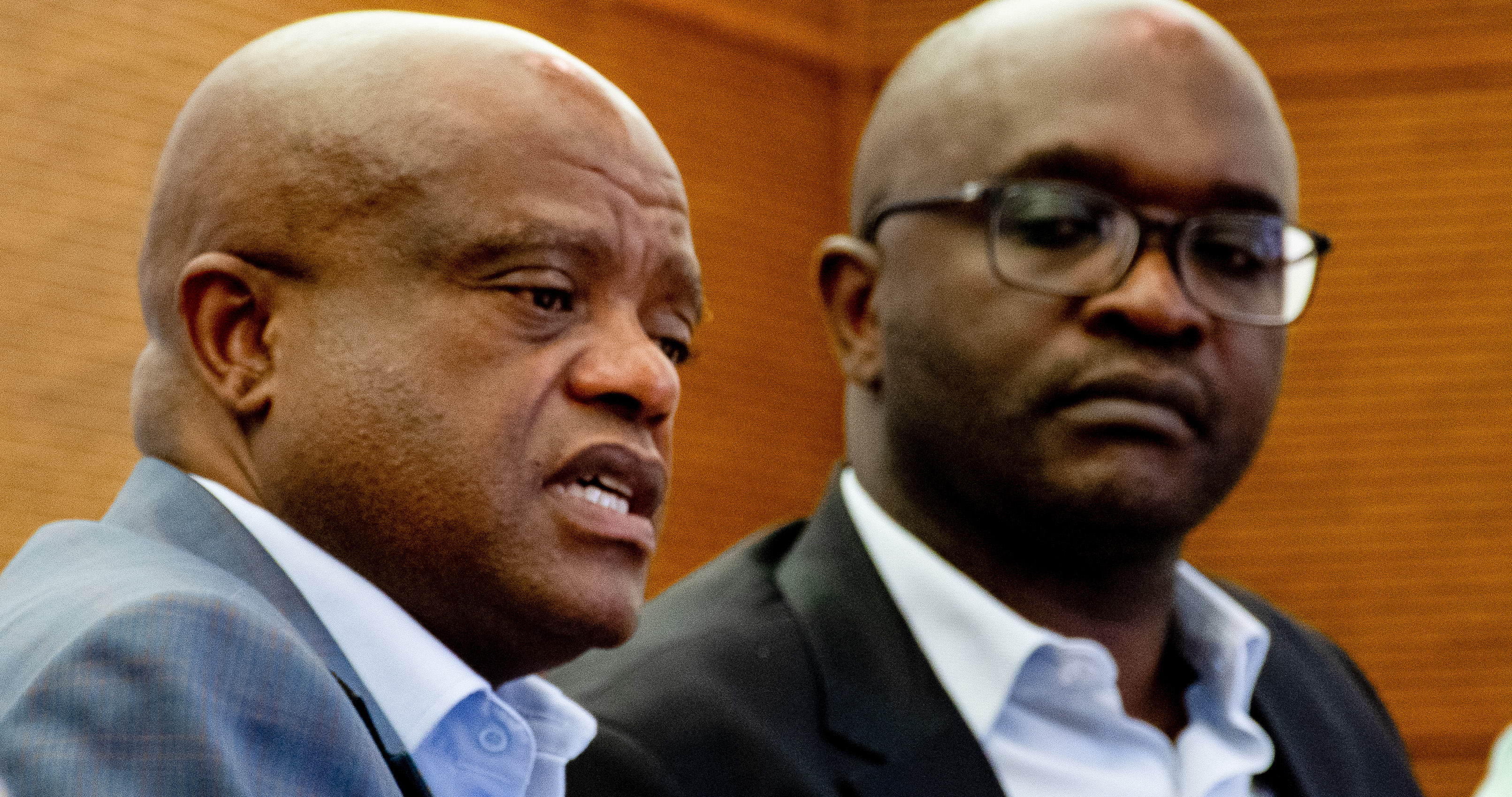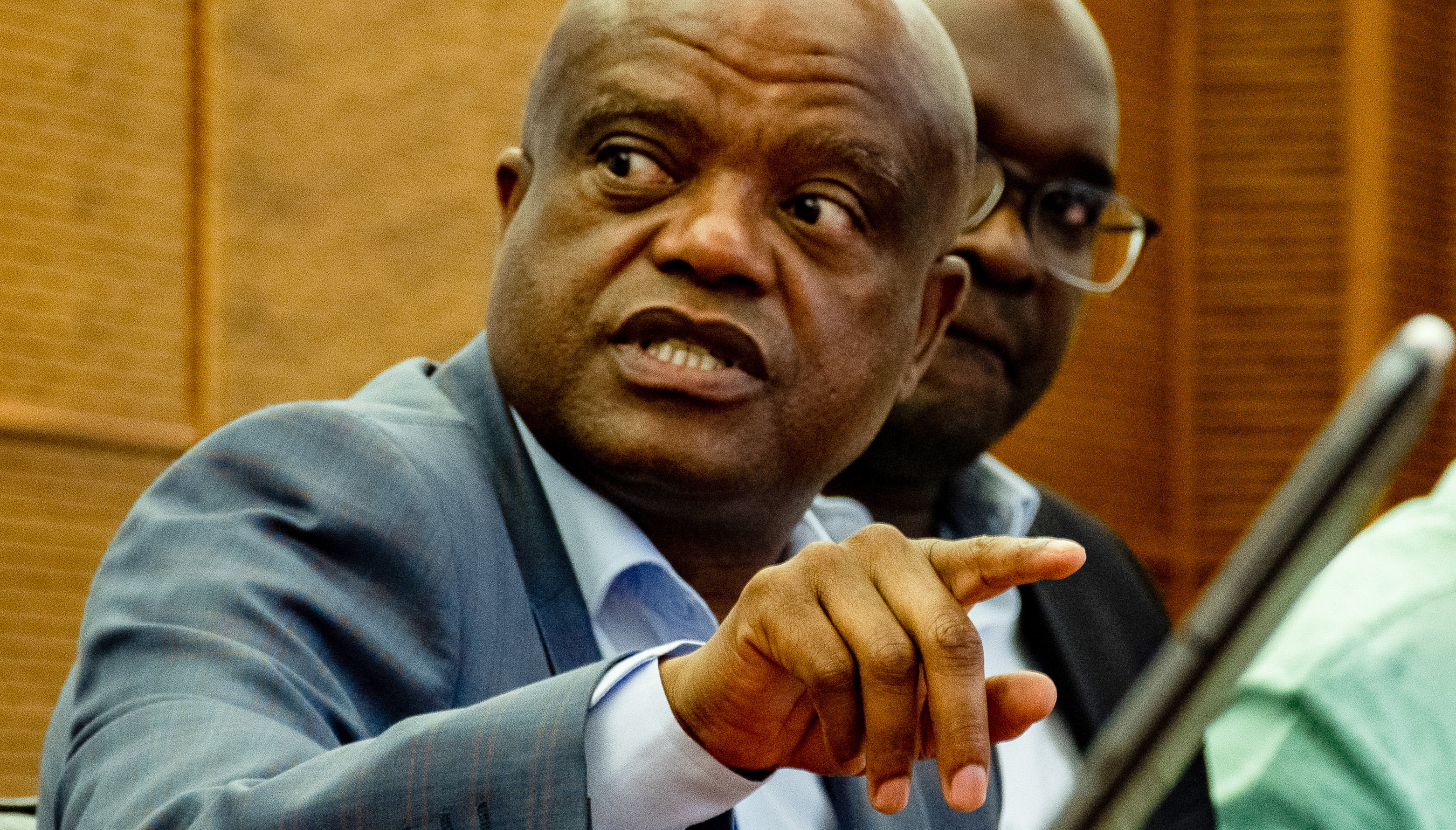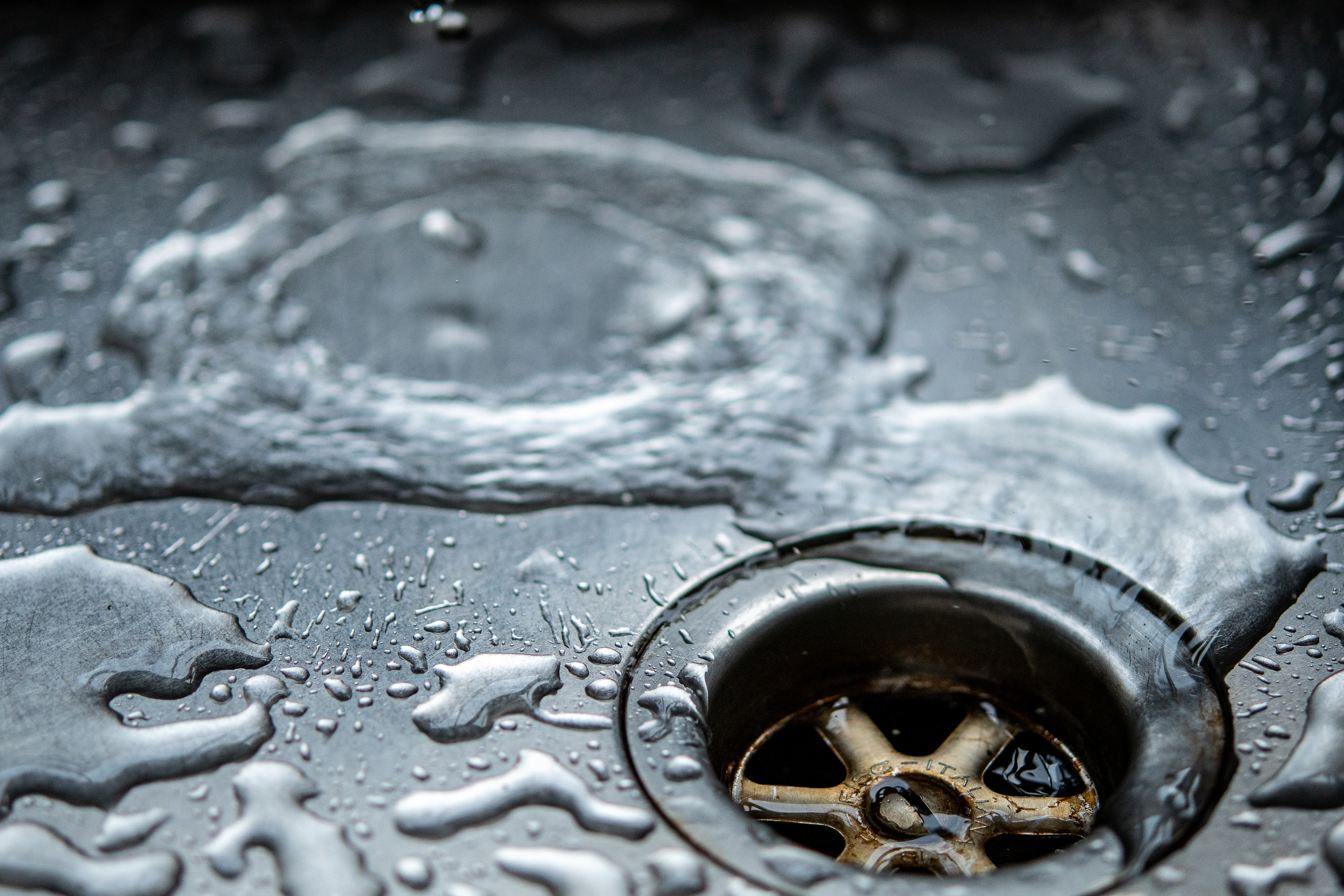It’s been several weeks since Rand Water announced Stage 2 water restrictions in parts of Gauteng and, still, citizens have to queue outside for water tankers and bath in the middle of the night, while announcements that reservoir levels are critically low keep rolling in.
Daily Maverick breaks down how we got here, and why the issue persists.
Emergency war room established
The minister of water and sanitation, Senzo Mchunu, called an emergency meeting on Monday, 17 October, to engage with Rand Water and representatives of the three metros and all district and local municipalities affected by the water restrictions.
A war room committee, comprising the Department of Water and Sanitation, Rand Water and all Gauteng municipalities as well as the business sector, will be set up to provide coordination, provision and management of the water system in Gauteng.
The minister has since announced that he will temporarily increase the allocation for the abstraction of bulk water to Rand Water’s system in order to meet the demand.
https://www.dailymaverick.co.za/article/2022-10-16-johannesburg-water-calls-emergency-meeting-as-levels-shift-from-critically-low-to-empty/
“This should bring relief to some metros, namely Johannesburg, Tshwane and Mogale City District Municipality. However, the measure is for a period of nine months while we seek more permanent solutions to water usage and management,” said Mchunu.
Currently, Rand Water abstracts 4,400 megalitres of water and has already exceeded this allocation by more than 1,600 megalitres since the beginning of the spring season.
The minister said that while the increased allocation would bring some relief to those municipalities experiencing restrictions, municipalities needed to come up with measures to deal with those wasting water, including imposing penalties and addressing the challenge of water leaks in municipal reticulation systems.
“As a country, we are experiencing the scarcity of water, yet we allow for up to 40% of our water to be lost to leakage. This undermines our efforts to address water challenges.”
 Executive Mayor of the City of Johannesburg Dada Morero (left) and managing director of Johannesburg Water Ntshavheni Mukwevho address the media at Johannesburg Water Head Office, Newtown, 18 October 2022. (Julia Evans)
Executive Mayor of the City of Johannesburg Dada Morero (left) and managing director of Johannesburg Water Ntshavheni Mukwevho address the media at Johannesburg Water Head Office, Newtown, 18 October 2022. (Julia Evans)
Upgrading infrastructure
The managing director of Johannesburg Water, Ntshavheni Mukwevho, said at a press conference on Tuesday that the supply of water to the Commando system would be prioritised, which affects high-lying areas including Coronationville, Sophiatown, Auckland Park, Parktown and Westville in the west of Joburg.
Johannesburg Water said it would invest R340-million in the next three years to expand the Commando system’s scope and infrastructure to ensure a continuous water supply to the residents of Johannesburg.
Mukwevho said that as of Tuesday morning, with the bulk supplier having supplied the required volumes for this area, there had been signs of improvement.
City Power CEO Tshifularo Mashava said the company had carried out short-term maintenance at Orlando switching station and Eikenhof, where electrical problems caused water supply issues in Johannesburg.
As a long-term solution, the company had completed 90% of the construction of the Mondeor substation.
This will help with power failures resulting from ageing infrastructure, and also with an alternative supply of electricity when localised infrastructure is affected by rolling blackouts.
“One of the things we are looking at is to see how to exclude [Johannesburg Water facilities] from load shedding. The problem currently is that most of Joburg Water facilities are embedded within our network, making it difficult to exempt them. We are also looking at partnering with them on the off-grid solutions.”
 Executive Mayor of the City of Johannesburg Dada Morero addresses the media on the emergency war room response to problems in the Gauteng water sector on 18 October 2022. (Julia Evans)
Executive Mayor of the City of Johannesburg Dada Morero addresses the media on the emergency war room response to problems in the Gauteng water sector on 18 October 2022. (Julia Evans)
Visit Daily Maverick's home page for more news, analysis and investigations
Plans to raise R100bn to address infrastructure
“We are hoping to raise as much as R100-billion to help us address the entire infrastructure problem and challenges in Johannesburg,” said Johannesburg’s new executive mayor, Dada Morero, at the press conference on Tuesday.
“So, water will become part of the R100-billion infrastructure investments that we are going to use so that we can address some of the ageing infrastructure. The minister, together with the metros and the local municipalities … we have to start looking at where we [can] find resources to support this.”
On Wednesday morning, the war room established by Morero convened to address progress on affected Johannesburg Water systems.
Johannesburg Water and Rand Water said that the water supply had been improved at the Commando system, Eagle Nest Reservoir and Crown Gardens, although the Hursthill reservoirs were still critically low.
Johannesburg Water said it was providing an alternative water supply to affected areas, including the Helen Joseph and Rahima Moosa Mother & Child hospitals. DM/OBP




 Executive Mayor of City of Johannesburg Dada Morero addressing media on war room response to problems in the Gauteng water sector, Johannesburg Water Head Office, Newtown, 18 October, 2022. (Julia Evans)
Executive Mayor of City of Johannesburg Dada Morero addressing media on war room response to problems in the Gauteng water sector, Johannesburg Water Head Office, Newtown, 18 October, 2022. (Julia Evans) 